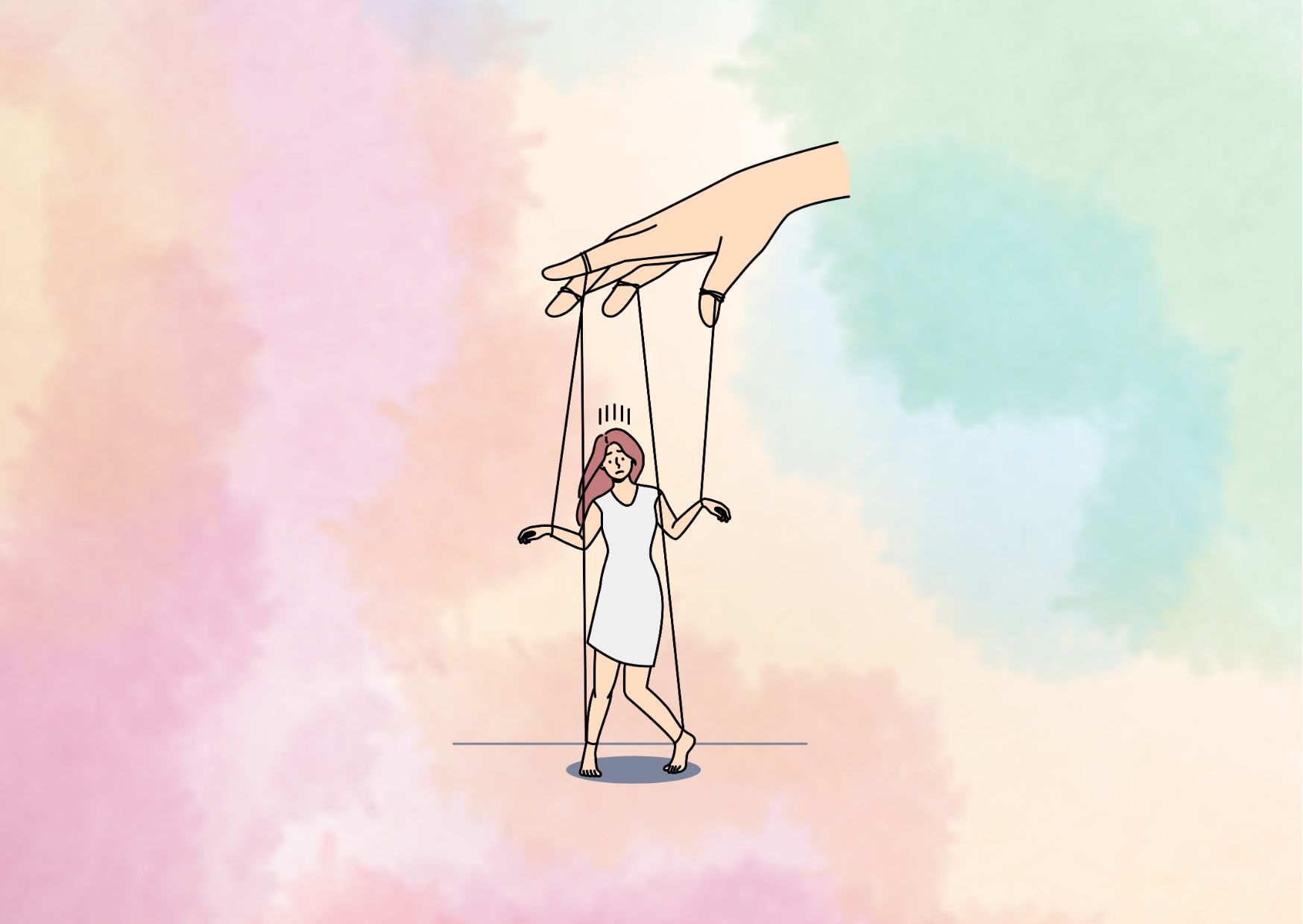Peter Pan Syndrome: Understanding the Challenges of Refusing to Grow Up
Introduction
At Inquire Talk, we recognize the importance of mental health and well-being in relationships. As an online counselling and therapy platform, we are committed to providing support and assistance to individuals navigating the complexities of their emotional lives. In this article, we delve into the concept of Peter Pan Syndrome, a term used to describe adults who resist the responsibilities and challenges of adulthood. Although Peter Pan Syndrome is not a recognized mental health disorder, it sheds light on the difficulties some individuals face in embracing maturity. Join us as we explore the origins, symptoms, causes, and impacts of Peter Pan Syndrome, as well as strategies for personal growth and maintaining healthy relationships.
Peter Pan Syndrome: An Overview
This Syndrome, inspired by the iconic character from J.M. Barrie’s story, refers to a pattern of behavior in which adults resist growing up and taking on adult responsibilities. Coined by psychologist Dan Kiley in his book “The Peter Pan Syndrome: Men Who Have Never Grown Up,” the term has since been applied to individuals of any gender. While the syndrome is not a formal mental health diagnosis, it offers valuable insights into the challenges faced by those who struggle with embracing adulthood.
Symptoms of Peter Pan Syndrome
While the Syndrome does not have a set of official diagnostic criteria, there are common symptoms and behaviors associated with this phenomenon. Individuals with Peter Pan Syndrome may exhibit the following tendencies:
- Avoidance of Responsibilities: Those with this syndrome often struggle with adult responsibilities, such as managing finances, maintaining stable employment, or taking care of household responsibilities.
- Dependency on Others: Peter Pan adults may rely heavily on others, such as parents or partners, to make decisions for them or handle daily tasks.
- Fear of Commitment: Individuals with Peter Pan Syndrome may have difficulty committing to long-term relationships or avoiding intimacy due to a fear of losing their independence.
- Lack of Personal Growth: Peter Pan adults may resist personal growth and development, preferring to remain in a state of comfort and familiarity.
- Avoidance of Conflict: Individuals with Peter Pan Syndrome may struggle with conflict resolution, preferring to escape or avoid confrontations rather than addressing them directly.
It is important to note that experiencing some of these behaviors does not necessarily indicate a diagnosis of Peter Pan Syndrome. However, if these patterns persist and significantly impact one’s ability to lead a fulfilling adult life, seeking professional support may be beneficial.
Origins and Causes of Peter Pan Syndrome
The development of Peter Pan Syndrome is influenced by various factors, including early life experiences and societal influences. While the exact causes are not fully understood, several theories shed light on its origins:
